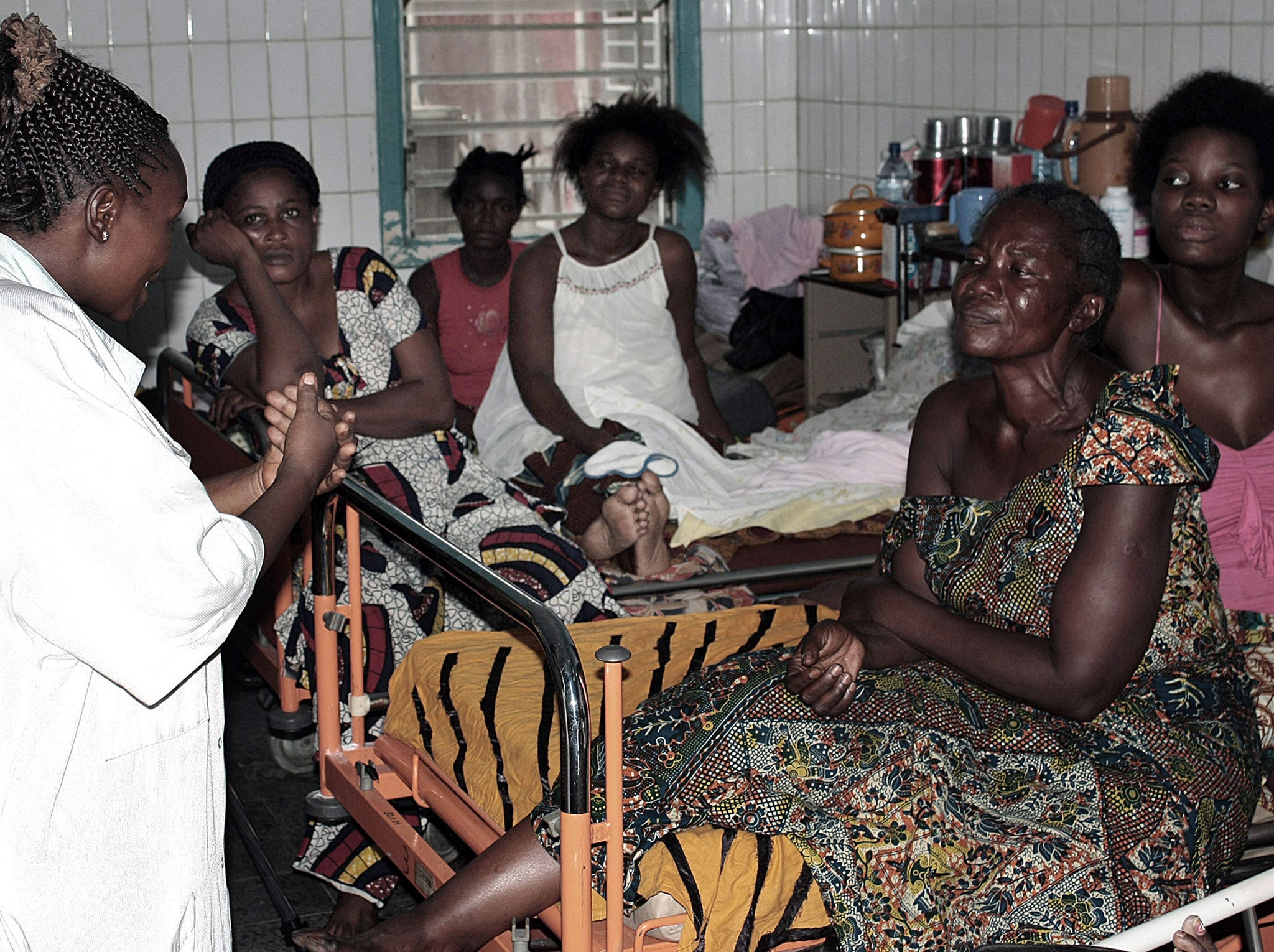World Population Day: Five reasons why women in developing countries don't use family planning
Culture and poverty are two reasons why women who might benefit from family planning don't, but there are other reasons too, says health worker Luna Mehrain

Every day, thousands of women around the world become mothers. Pregnancy happens in every country and community - yet the amount of choice that women have about their experience can vary hugely. In the UK, using contraception has become such an accepted practice that it's hard to imagine it being the difference between life and death. But in countries like Pakistan or DR Congo, it is exactly that.
Family planning for all women who want it would reduce pregnancy-related deaths by a third, yet worldwide, over 200 million women who want to delay or stop having children do not use a modern method of contraception . On World Population Day this Thursday, it’s important that we take a step back and understand the reasons why they don't. After ten years work in countries affected by war or humanitarian disaster I have come across several under-reported barriers to family planning.
Conflict
Family planning is a basic need in all communities, including in war zones. Yet all too often when emergency relief is needed, reproductive health services are forgotten amid more immediate needs like shelter, food or basic medical care. The statistics are telling - take the Democratic Republic of the Congo (DRC), a country which has been plagued by years of conflict and insecurity. Fewer than one in five married women use family planning – undoubtedly in part due to the fact that time and again families are forced to flee their homes because of violence, with health workers being no exception. Clinics close and it is dangerous for women to get to those few which are still open.
Law
In the Philippines, a Reproductive Health Law which would guarantee government funding for family planning has been waiting to be enforced for over ten years. Despite being signed into law in January 2013, it remains stalled after opponents filed a restraining order with the Supreme Court. Although family planning is currently legal, limited government investment effectively bars the poorest Philippine women, who cannot afford private healthcare, from using it. The country currently has South East Asia’s third highest fertility and population growth rates, and loses an estimated 14 to 15 mothers a day due to pregnancy-related complications .
Misconceptions
It is as important that women are comfortable with using family planning as it is for them to be have physical access to it. In Turkana, one of Kenya’s poorest and most arid areas, most women live in remote villages and are constantly on the move in search of water. Education levels are low, and basic healthcare is a luxury. As a result misunderstandings like the pill causing permanent infertility are all too common and can prevent women from using contraception. When Merlin, the medical charity I work for, first began working in Turkana, fewer than one in 10 women in the area used a modern method of family planning.
Adolescence
Adolescents face a different and often far more complex set of pressures when it comes to using family planning. Many of my patients when I worked in Pakistan were young mothers who were more likely to be under pressure to have large families and less likely to have the authority to resist. The fact that sex before marriage is taboo in many places makes it even harder for unmarried adolescents to use family planning – whether because they have never had reproductive and sexual health education at school, or because health workers refuse to serve them. Worldwide adolescents are significantly less likely to use family planning – and as a result, 18 million girls under the age of 20 give birth every year .
Decision-making power
Truly changing attitudes to family planning requires buy-in not just from women but their husbands and families too. In Pakistan’s Swat valley, women often need the permission of both their husbands and mother-in-laws before receiving medical care. There are countless women like Mehbooba, who is 35 and has had six children over the course of 12 years – therefore continually pregnant or breastfeeding for this length of time. It is not uncommon for a woman to start using family planning, only to stop because of disapproval from her husband. It has taken a considered programme of health education which includes involvement from male community elders for Merlin to have been able to provide family planning to an additional 11,000 women in Swat in 2012.
On World Population Day, I hope shedding light on these under-reported barriers will aid progress towards bringing choice to women around the world - and in turn save the lives of mothers whose loss to their families and communities cannot be quantified.
Luna Mehrain is reproductive health manager for the medical charity Merlin
Join our commenting forum
Join thought-provoking conversations, follow other Independent readers and see their replies
Comments
Bookmark popover
Removed from bookmarks